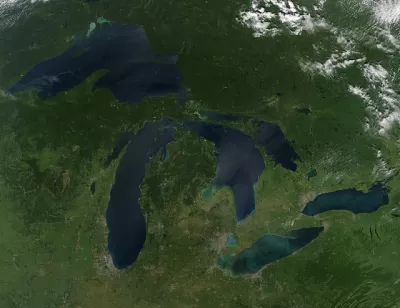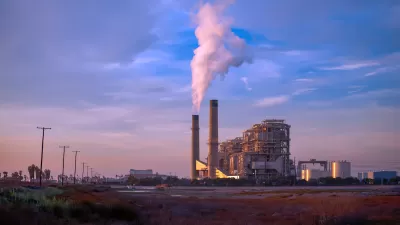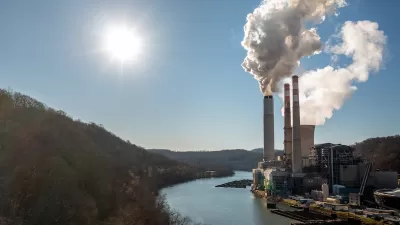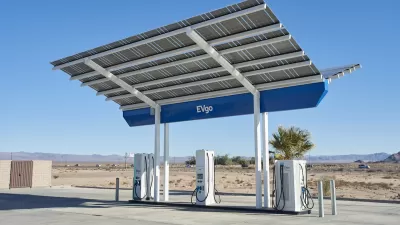A report by the Environmental Law and Policy Center (ELPC) shows a decrease in environmental enforcement in six Midwest states. The ELPC calls for increased funding. The EPA states the claims errors in data reporting are responsible for the drop.

The U.S. Environmental Protection Agency (EPA) is relaxing environmental enforcement, staffing, and spending in six Great Lakes states, according to a report published by the Environmental Law and Policy Center (ELPC).
The EPA's Region 5, which includes Wisconsin, Minnesota, Michigan, Illinois, Indiana, and Ohio, opened fewer environmental enforcement cases since 2017. "The number of cases opened by the agency had hovered at roughly 300 or more until fiscal year 2016 when cases dropped to an average of 230. The group said the data shows there’s also been a sharp increase in the number of major permitted facilities found in significant noncompliance with the Clean Water Act since fiscal year 2017," writes Danielle Kaeding.
EPA funding has declined since the Trump administration took office, resulting in a reduction in fines, civil penalties, and staff, according to the article. State pollution programs have seen a similar drop in funding, falling from about $107 million in 2008 to about $69 million in the 2018 fiscal year.
An EPA spokesperson stated that data reporting issues are "a key reason for recent increases in reported rates of significant noncompliance in Region 5." The agency aims to work with noncompliant permitted facilities to reduce the current rate of sewage overflows by half by 2022.
Howard Learner, executive director of ELPC, argues that the numbers don't add up. Learner asks that the EPA request additional funding from Congress to maintain its resources in addition to spending all currently available funding.
FULL STORY: Environmental Enforcement Down in Midwest

Maui's Vacation Rental Debate Turns Ugly
Verbal attacks, misinformation campaigns and fistfights plague a high-stakes debate to convert thousands of vacation rentals into long-term housing.

Planetizen Federal Action Tracker
A weekly monitor of how Trump’s orders and actions are impacting planners and planning in America.

San Francisco Suspends Traffic Calming Amidst Record Deaths
Citing “a challenging fiscal landscape,” the city will cease the program on the heels of 42 traffic deaths, including 24 pedestrians.

Defunct Pittsburgh Power Plant to Become Residential Tower
A decommissioned steam heat plant will be redeveloped into almost 100 affordable housing units.

Trump Prompts Restructuring of Transportation Research Board in “Unprecedented Overreach”
The TRB has eliminated more than half of its committees including those focused on climate, equity, and cities.

Amtrak Rolls Out New Orleans to Alabama “Mardi Gras” Train
The new service will operate morning and evening departures between Mobile and New Orleans.
Urban Design for Planners 1: Software Tools
This six-course series explores essential urban design concepts using open source software and equips planners with the tools they need to participate fully in the urban design process.
Planning for Universal Design
Learn the tools for implementing Universal Design in planning regulations.
Heyer Gruel & Associates PA
JM Goldson LLC
Custer County Colorado
City of Camden Redevelopment Agency
City of Astoria
Transportation Research & Education Center (TREC) at Portland State University
Jefferson Parish Government
Camden Redevelopment Agency
City of Claremont





























